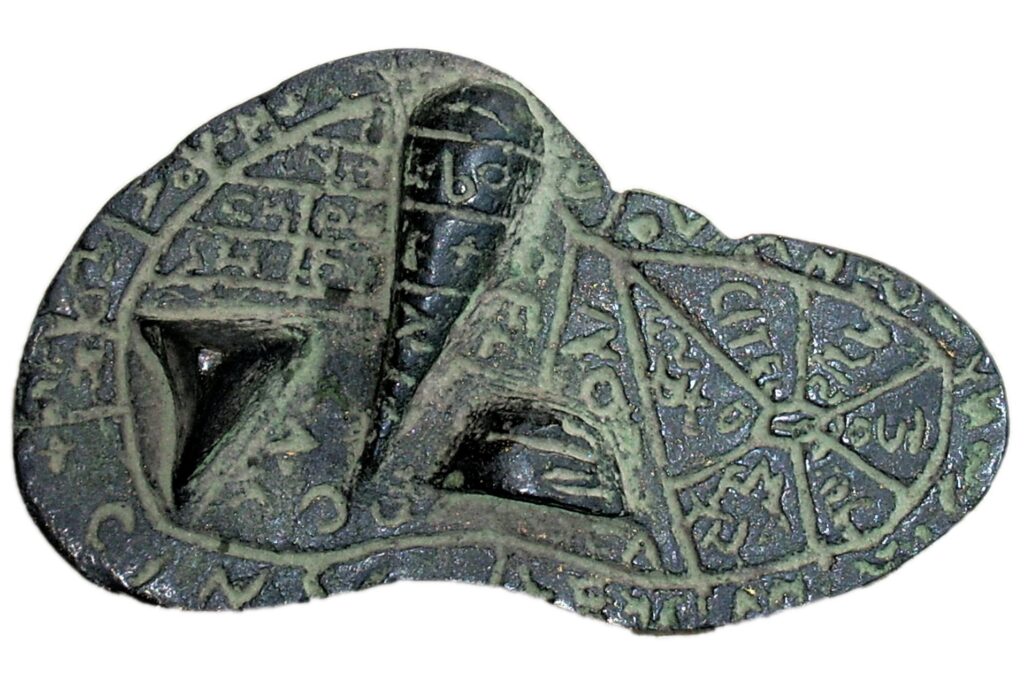Gastropod looks at food through the lens of science and history.
Co-hosts Cynthia Graber and Nicola Twilley serve up a brand new episode every two weeks.
Co-hosts Cynthia Graber and Nicola Twilley serve up a brand new episode every two weeks.
As it turns out, surprisingly little is known about this ailment, despite its long and illustrious history—one of the most extreme hangovers of all time is described in Homer's Odyssey, furnishing yet another name for the affliction, Elpenor Syndrome. According to Adam Rogers, author of Proof, this lack of scientific research seems at least partly due to a sort of moral panic surrounding the subject: the hangover is supposedly karma for our bad behavior, and thus the search for a cure risks removing any restraint on excessive consumption. That same attitude contributed to making the liver an unfashionable area of study in general, according to biomedical researcher and liver lover Sangeeta Bhatia—an attitude that has only recently changed, as the liver's seemingly magical, regenerative powers have caught scientists' imaginations. It's just the most recent rise to glory for the liver, which was once revered as the seat of the soul and consulted by soothsayers to ascertain the will of the gods.
Join us this episode for an introduction to the lost art of haruspicy, or fortune-telling through the liver, the scientific marvels of the body's metabolic engine, and, of course, the shameful history of the morning after the night before. Alongside a deep dive into the multi-million market that is Korean hangover drinks, we also attempt to answer the billion-dollar question: Is there a cure for the hangover?

Bronze diagram of the sheep's liver found near Piacenza with Etruscan inscriptions. Source: Wikimedia Commons.
Many thanks to Aiza, Anja, Veronica, Lionel, Russell, Linda, and Dalila for sharing your hangover cures on the episode—and to everyone else who called in with stories. They were delightful, and we loved listening to them!
Correction: In an earlier version of the episode, we mistakenly said that the liver breaks acetaldehyde down into acetone. It actually turns acetaldehyde into acetate. Thanks to listener and chemist Alexander Altman for the correction, and our apologies for the error.
Adam Rogers is a senior correspondent for Wired, where he covers science, culture, and “miscellaneous geekery.” Adam’s book, Proof: The Science of Booze, was a New York Times science bestseller, and his next book, Full Spectrum: How the Science of Color Made Us Modern, will be published in May 2021.
Sangeeta Bhatia is a biomedical researcher and professor of engineering at MIT. Her trailblazing work in crafting functioning micro-livers has helped scientists study human drug metabolism and liver disease. Sangeeta is the recipient of the Lemelson-MIT Prize, known as the “Oscar for inventors.”
Marie-Laurence Haack is a professor of history at the University of Picardy-Jules Verne. She studies belief and ritual in ancient Rome and Etruria, as well as how the archeology of these cultures were politicized in the 19th and 20th centuries.
Quinton Smith is a postdoc researcher in Sangeeta Bhatia’s lab, where he is working on engineering stem cell-derived mini-livers. He is the recipient of a Howard Hughes Medical Institute Hanna Gray Fellowship, and will join UC Irvine as an assistant professor in the spring.
Sonja Swanson is our truly fabulous Gastropod Fellow. She’s a food and culture writer who lived in South Korea for seven years, and, more recently, was a 2019 UC Berkeley Food & Farming Journalism Fellow.
Click here for a transcript of the show. Please note that the transcript is provided as a courtesy and may contain errors.